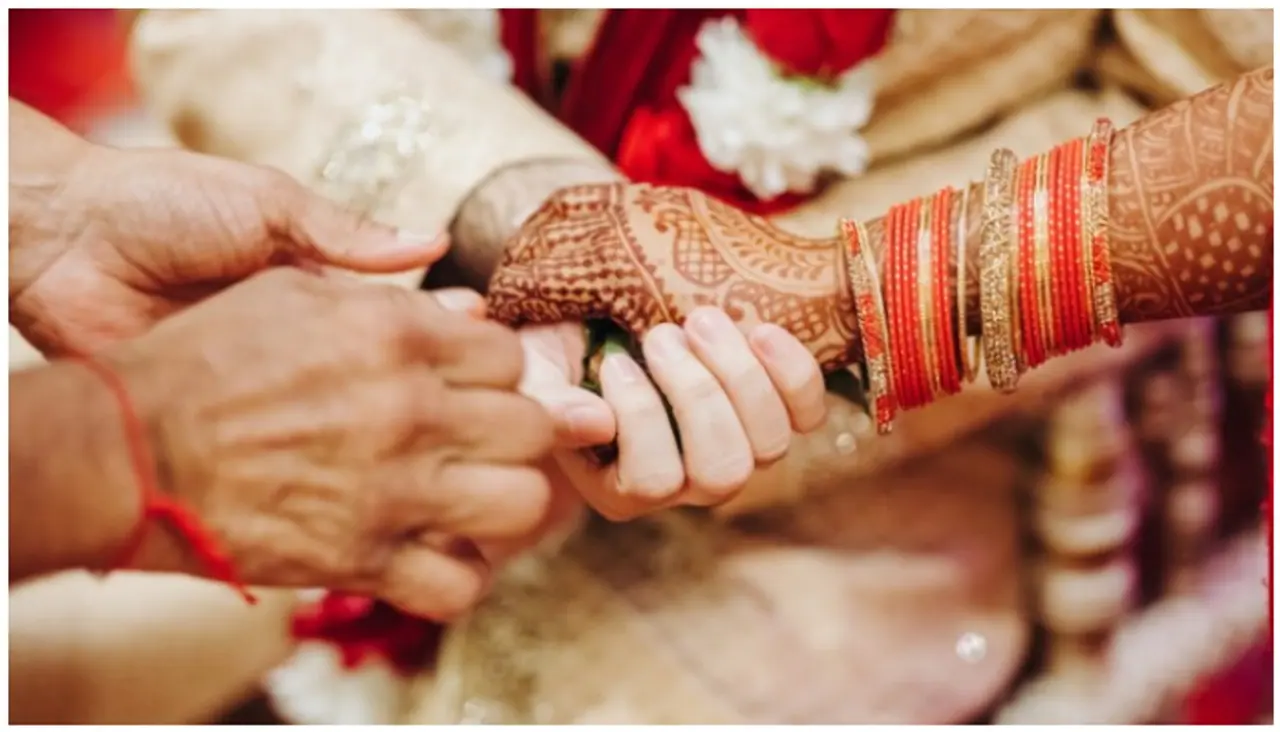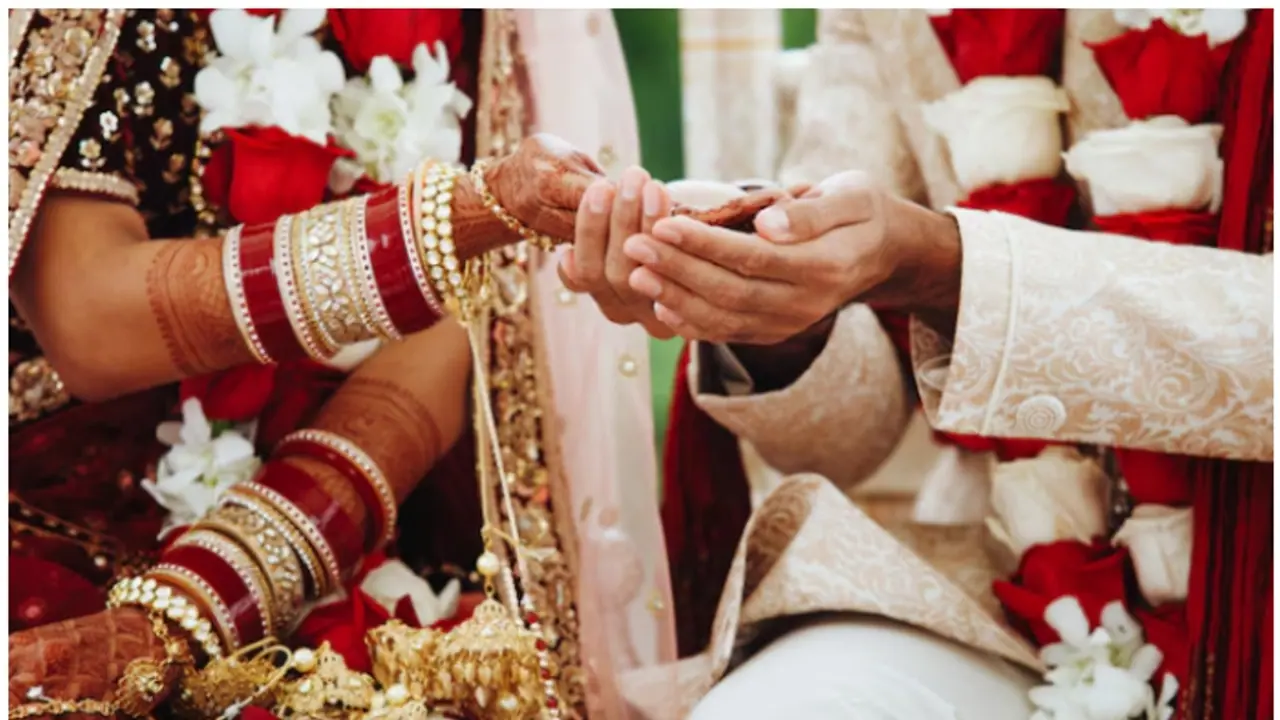A marriage certificate is a government-issued document that legally confirms a marriage. Today, we’ll explore its significance and guide you through the application process.
A marriage certificate is a crucial legal document issued by the government that validates the union between two individuals. It serves as proof of marriage and is essential for various administrative and legal purposes such as applying for visas, passports, and claiming insurance benefits. Here’s a concise guide on what a marriage certificate is and how to obtain one in India.

Also read: Acid Rain Explained: What it is and it's impact on the Environment
What is a Marriage Certificate?
A marriage certificate is an official document that confirms a marriage is legally recognized by the state. It is issued after the marriage is registered with the relevant government authority, providing proof of the marriage's legal standing. This document is required for many official and personal purposes, including name changes, legal disputes, and property claims.

Procedure to Obtain a Marriage Certificate
Eligibility Criteria:
- Age Requirements: Both parties must be of legal age, with brides being at least 18 years old and grooms at least 21 years old.
- Marital Status: Both individuals should not be currently married to someone else.
- Special Provisions: For inter-religious or inter-caste marriages, adherence to specific personal laws is necessary.
Documents Required:
- Application Form: Complete the prescribed form available at the local Registrar’s office or online.
- Proof of Identity: Valid identification such as an Aadhaar card, Passport, or Voter ID.
- Proof of Residence: Utility bills or a rental agreement confirming the current address.
- Date of Birth Proof: Documents like a Birth Certificate or School Leaving Certificate.
- Affidavits and Photographs: Affidavits confirming marital status and photographs of the couple and witnesses.
Application Process:
Visit the Registrar: Go to the nearest Registrar of Marriages office or use the online portal.
Submit Documents: Provide the completed application form along with all required documents.
Pay Fees: Pay the applicable processing fee.
Registration Process:
Verification: The Registrar verifies the documents and issues a notice.
Waiting Period: 30 days allows for any objections.
Final Registration: If no objections are raised, appear with witnesses for final registration and issuance of the certificate.
Post-Registration:
Collect Certificate: Obtain the marriage certificate from the Registrar’s office.
Check Details: Ensure all details are correct. Apply for corrections if needed.
Re-Issuance: If lost or damaged, request a re-issuance with the necessary proof.
Also read: Unlock healthier hair with homemade Shikakai shampoo: A natural boost for hair growth
